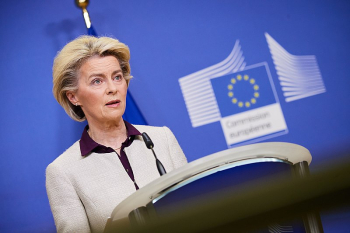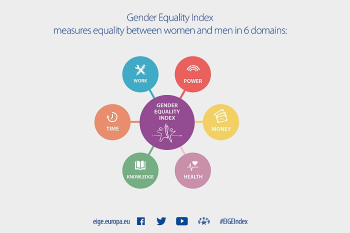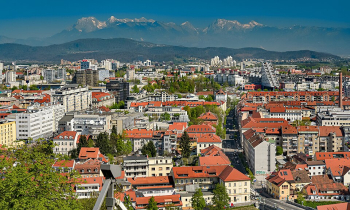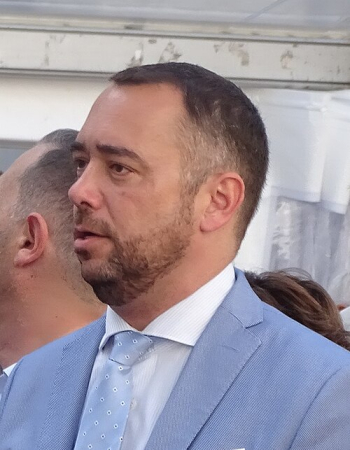
Following an extensive night of negotiations, the European Parliament and member states have solidified a comprehensive restructuring of the EU's asylum and migration policies
on Wednesday. European Commission Vice-President Margaritis Schinas highlighted the deal as a means to fortify existing regulations and curtail illegal migration.
The agreement focuses on bolstering control at the EU's external borders. Each asylum seeker will undergo screening, with those arriving from specific safe nations facing more stringent measures. They'll be held in reception centers akin to detention facilities until their applications are processed.
Additionally, a solidarity mechanism will be introduced to allocate asylum seekers among member states. Nations unwilling to accept refugees must provide alternative aid, such as financial support. The European Commission retains the authority to call for additional solidarity if required.
Belgium's Asylum and Migration state secretary Nicole de Moor views this reform as a solution to the country's persistent asylum challenges, particularly the influx of migrants from the Democratic Republic of Congo. De Moor notes that Belgium's equitable contribution under the solidarity mechanism would have covered approximately 11,400 asylum seekers between January and November 2023, notably fewer than the 31,500 applications received during that period.
Southern European countries like Spain, Italy, and Greece welcome the reform as a balanced resolution to alleviate the burden on nations experiencing substantial migrant inflows, especially those along the Mediterranean route. Italian Interior Minister Matteo Piantedosi sees it as an opportunity to enhance migration flow management and intensify Europe's fight against human trafficking.
However, criticisms have arisen. The Left group in the European Parliament labeled it 'a dark day for Europe,' while NGOs cautioned about potential violations of children's rights due to provisions that could enable the detention of minors. Belgian Deputy Prime Minister Petra De Sutter emphasized that Belgium would not permit this, stating it as "a step too far."
This migration reform has been in the works for years, first proposed by the European Commission in 2016 post the refugee crisis of 2015-2016. However, various factions hindered its progress: countries like Hungary advocated for stricter migration rules, while left-wing parties and humanitarian organizations voiced concerns about its impact on human rights.
The Belgian presidency, commencing on January 1, 2024, will be responsible for finalizing the agreement's text. "Belgian Prime Minister Alexander De Croo affirmed his readiness to tackle this dossier," Metsola remarked, setting the stage for the next steps in this significant reform.
















